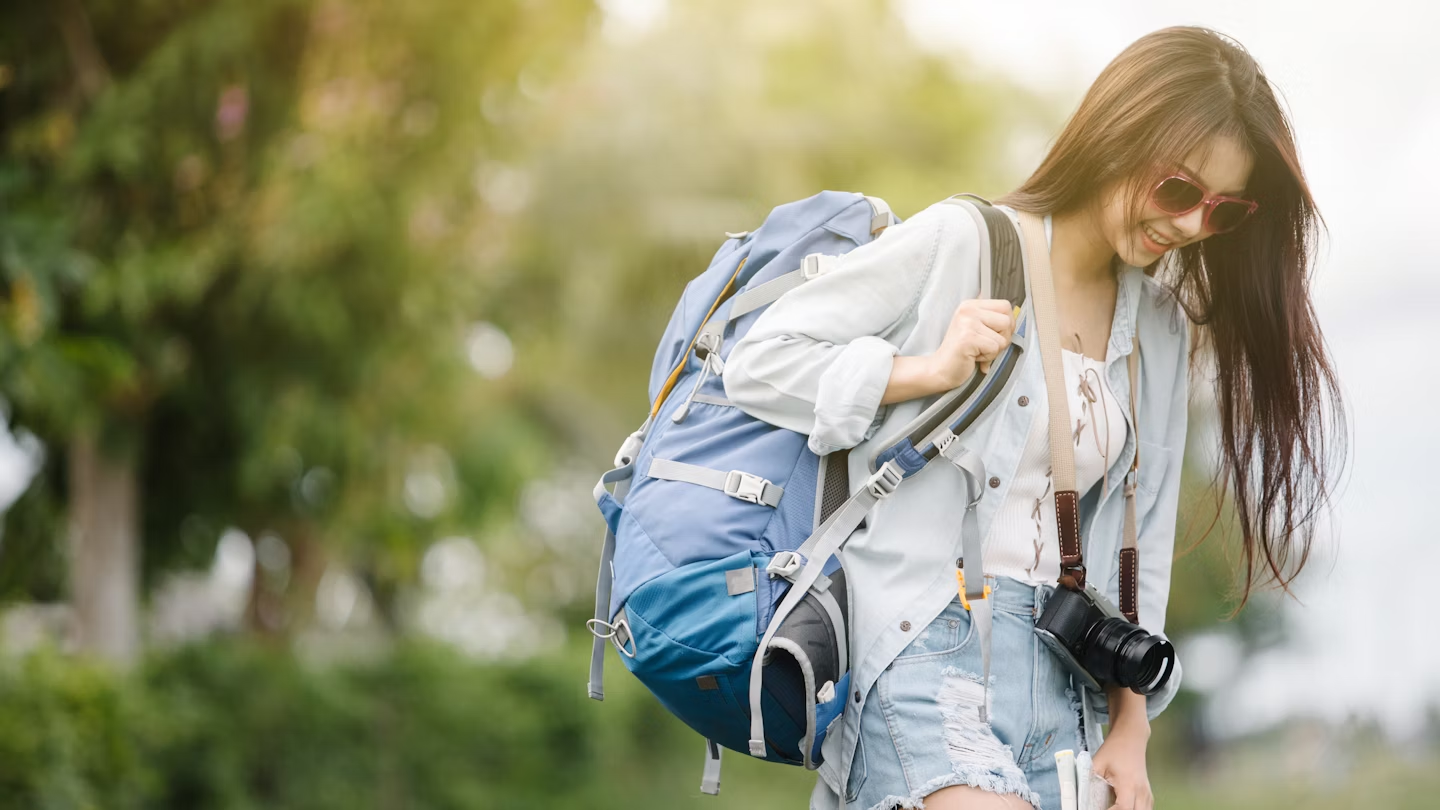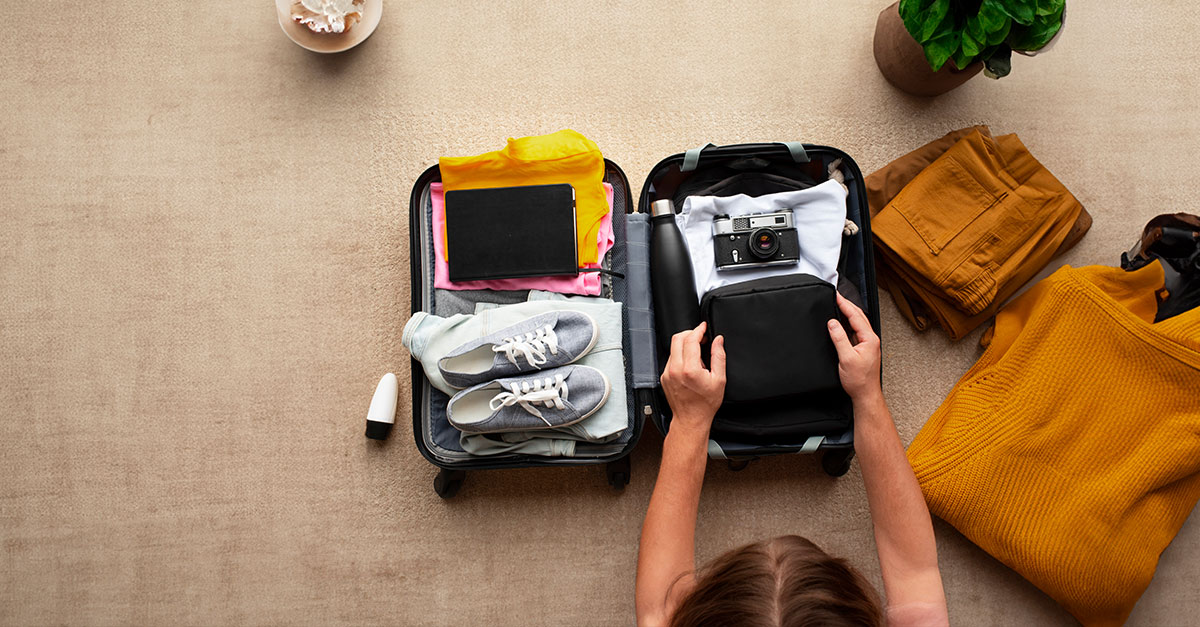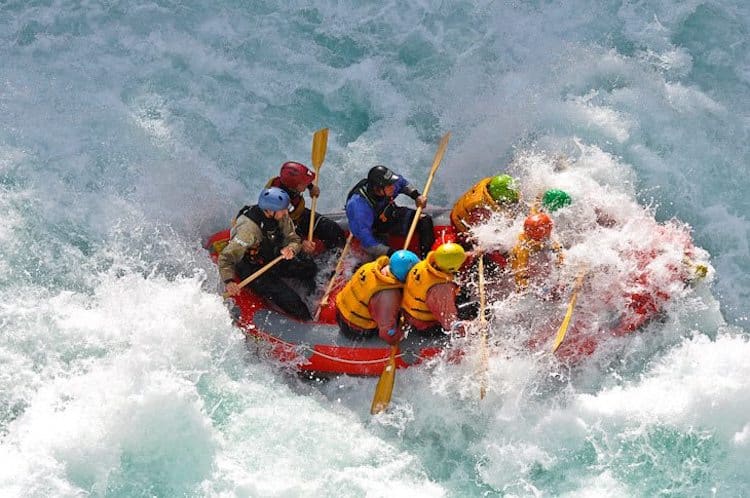Traveling abroad is an exciting and enriching experience that allows you to immerse yourself in different cultures, explore new landscapes, and create lifelong memories. However, it also comes with its set of risks, from health concerns and theft to unexpected emergencies. Ensuring your safety while traveling abroad is crucial for enjoying your trip without unnecessary stress or worry.
In this article, we will discuss various steps and precautions you can take to ensure your safety and well-being while exploring the world.
1. Research Your Destination
Understanding the Local Environment
Before embarking on any international journey, it is essential to conduct thorough research about your destination. Knowing what to expect will help you prepare for potential risks and avoid dangerous situations.
- Crime Rates: Look into the crime statistics of the area you are visiting. Research which neighborhoods are safe and which areas to avoid, particularly at night.
- Local Laws and Customs: Familiarize yourself with the laws and customs of the country. Certain behaviors that are acceptable in your home country may be illegal or considered disrespectful in others. For example, drug use, dress codes, or public behavior can vary greatly from one country to another.
- Cultural Etiquette: Learn about local cultural norms, such as greetings, dining etiquette, and dress codes. Understanding these practices will help you avoid unintentionally offending anyone and may help you connect better with locals.
The more informed you are about your destination, the better prepared you will be to navigate any challenges you might encounter.
2. Register with Your Embassy
Staying in Touch with Authorities
Many governments offer travel registration services for their citizens traveling abroad. This service allows your country’s embassy or consulate to contact you in the event of an emergency or natural disaster.
- Embassy Registration: Register your travel plans with your embassy or consulate before you depart. This typically includes your travel dates, accommodation details, and contact information. If an emergency arises, the embassy can assist in locating and communicating with you.
- Emergency Assistance: Know the contact details of your country’s embassy or consulate in the country you are visiting. In case of lost passports, legal issues, or other emergencies, the embassy can provide support.
- Travel Alerts: Subscribe to travel advisories and alerts issued by your government. These alerts provide updates on safety issues, natural disasters, and political unrest.
Being registered with your embassy ensures that you have access to assistance should the need arise while you are abroad.
3. Secure Your Documents and Personal Information
Preventing Theft and Fraud
Protecting your personal information and valuable documents while traveling abroad is crucial to preventing identity theft, fraud, and theft.
- Make Copies of Important Documents: Before you travel, make photocopies or take pictures of important documents, such as your passport, visa, travel insurance, and emergency contact numbers. Keep one copy with you in a separate location from the originals and leave another copy with a trusted friend or family member at home.
- Secure Your Passport: Always keep your passport, credit cards, and other sensitive documents in a secure, hidden location like a money belt, neck pouch, or hotel safe. Avoid carrying all your valuables in one place.
- Monitor Your Financials: Notify your bank or credit card companies about your travel dates and destinations to prevent any fraud alerts or blocks on your cards. Consider using travel-friendly payment methods like prepaid cards or digital wallets, which are safer than carrying cash.
- Use Hotel Safes: If your accommodation has a safe, use it to store your passport, cash, and other valuables when you are not in your room.
By taking extra precautions with your documents and personal information, you reduce the risk of theft and loss during your travels.
4. Stay Connected
Keeping Communication Channels Open
Staying connected with family and friends while abroad is essential in case of emergencies. It also ensures that someone is aware of your whereabouts and activities.
- Share Your Itinerary: Before you leave, share your travel itinerary, including accommodation details, flight information, and planned activities, with a close family member or friend. This way, they can track your movements and help you if anything goes wrong.
- Set Regular Check-ins: Arrange to check in with a loved one periodically via phone, email, or messaging apps. Even a simple text message or phone call lets others know that you are safe.
- Emergency Contacts: Have a list of emergency contacts, including local emergency services, your embassy, and trusted contacts back home. Save these numbers in your phone, and keep a physical copy as a backup.
Maintaining communication helps create a safety net, ensuring someone is always aware of your situation.
5. Purchase Travel Insurance
Ensuring Financial Protection
Travel insurance is a must-have for international travel. It provides coverage for unexpected events, such as medical emergencies, trip cancellations, lost baggage, and more.
- Medical Coverage: Ensure your travel insurance includes medical emergency coverage. Healthcare costs abroad can be expensive, and many countries may not provide treatment to foreign visitors without upfront payment.
- Trip Cancellation: Look for a policy that covers trip cancellations due to unforeseen circumstances like illness or flight delays.
- Lost or Stolen Belongings: Some insurance plans also cover theft or loss of belongings, including baggage, electronics, and personal items.
- Emergency Evacuation: In the event of a natural disaster or political unrest, your travel insurance may include evacuation coverage to get you to safety.
Having the right travel insurance can provide peace of mind knowing that you have financial protection in case of an emergency.
6. Follow Local Health and Safety Guidelines
Staying Healthy and Safe
Each country has different health risks and safety protocols that you should be aware of before traveling.
- Vaccinations: Some countries require specific vaccinations or health certificates before entry. Visit your doctor or a travel clinic before departure to ensure you are up to date on necessary vaccines.
- Health Precautions: Be cautious about the food and water you consume. Stick to bottled water and avoid street food if you are unsure about its safety. Be mindful of hygiene, especially in areas where sanitation may not be up to your usual standards.
- Travel Health Kit: Pack a basic health kit with essential medications (e.g., pain relievers, stomach aids, sunscreen), hand sanitizers, and any prescription medications you may need during your trip.
- Know Local Health Facilities: Research local hospitals or medical centers near your accommodation. Knowing where to go in case of illness or injury can save time and help you access care quickly.
By following these guidelines, you can prevent illness and stay healthy while traveling abroad.
7. Use Reliable Transportation
Avoiding Accidents and Scams
Transportation can pose safety risks, particularly in unfamiliar destinations where road rules or driving conditions may be different from what you are used to.
- Reputable Transport Providers: Always choose reliable, well-reviewed transportation options. For taxis, use official or app-based services like Uber or Lyft, and avoid accepting rides from unlicensed drivers.
- Public Transportation: Research public transportation options in advance and stick to well-known, safe routes. Avoid traveling late at night on public transportation when possible.
- Rental Cars: If you plan to rent a car, make sure you are familiar with the local driving laws and the condition of the vehicle. Check for any safety features and emergency protocols.
- Walking and Biking Safety: If you plan to walk or bike around, stay in well-lit, busy areas, and avoid isolated streets. Always wear a helmet when biking.
By using reliable and safe transportation, you can reduce the risk of accidents and ensure your travels remain trouble-free.
8. Stay Alert and Trust Your Instincts
Being Aware of Your Surroundings
While most people you encounter during your travels will be friendly and trustworthy, it’s important to remain vigilant about your safety at all times.
- Avoid Distractions: Stay aware of your surroundings, particularly in crowded areas like markets or tourist attractions. Avoid looking down at your phone while walking, as this can make you a target for pickpockets or scams.
- Trust Your Instincts: If something feels off or unsafe, trust your gut. If you are uncomfortable in a situation, remove yourself and seek help if necessary.
- Stay in Well-Lit Areas: When traveling at night, stick to well-lit, populated areas. Avoid walking alone in isolated places, especially after dark.
- Avoid Flashing Valuables: Don’t display large amounts of cash, expensive jewelry, or electronics in public. These items can attract unwanted attention from thieves.
Remaining alert and trusting your instincts can help you avoid potentially dangerous situations while traveling.
Conclusion
While traveling abroad is a rewarding and exciting adventure, it’s essential to prioritize your safety and well-being. By conducting thorough research, securing your documents, staying connected with loved ones, purchasing travel insurance, following local health and safety guidelines, and using reliable transportation, you can mitigate risks and enjoy your trip with peace of mind. Always trust your instincts and be prepared for unexpected situations, and you’ll be able to have a safe and memorable travel experience.




